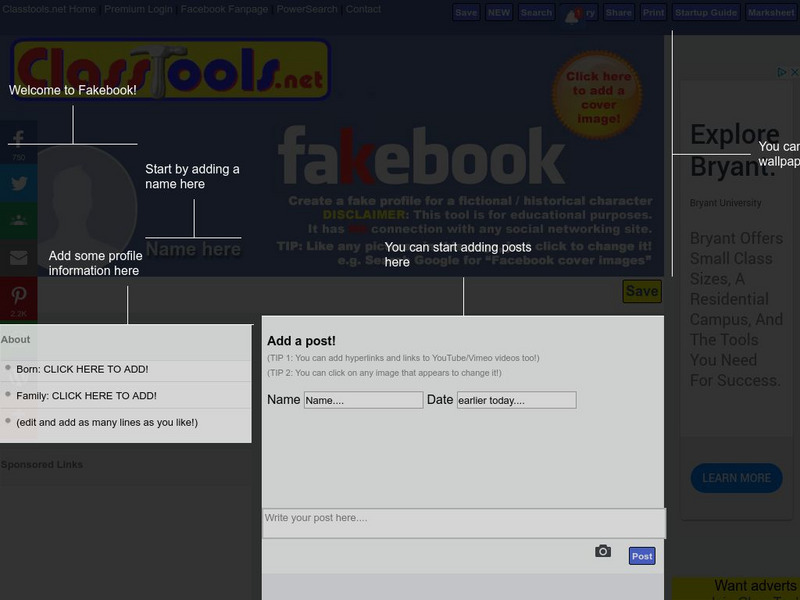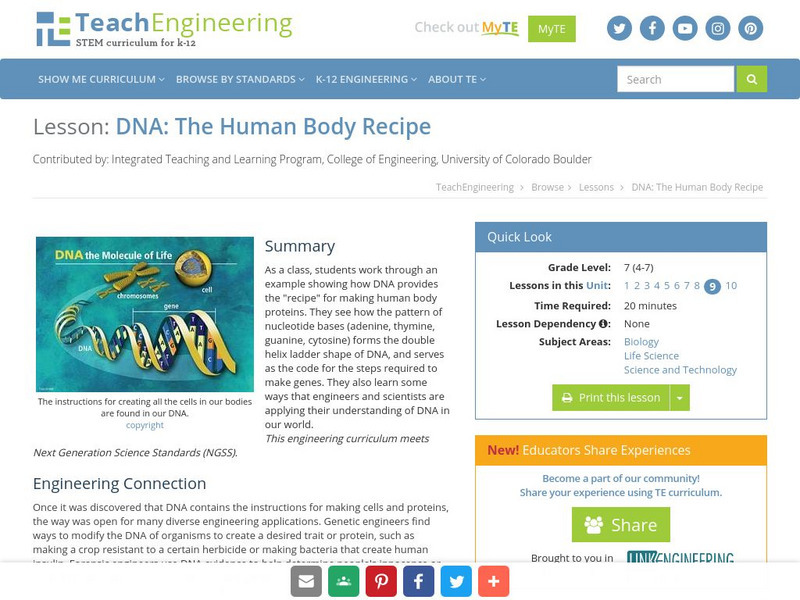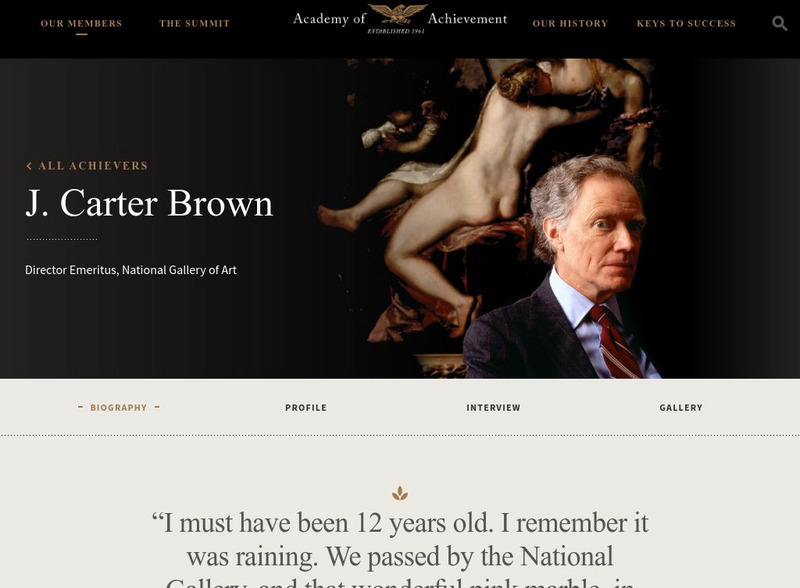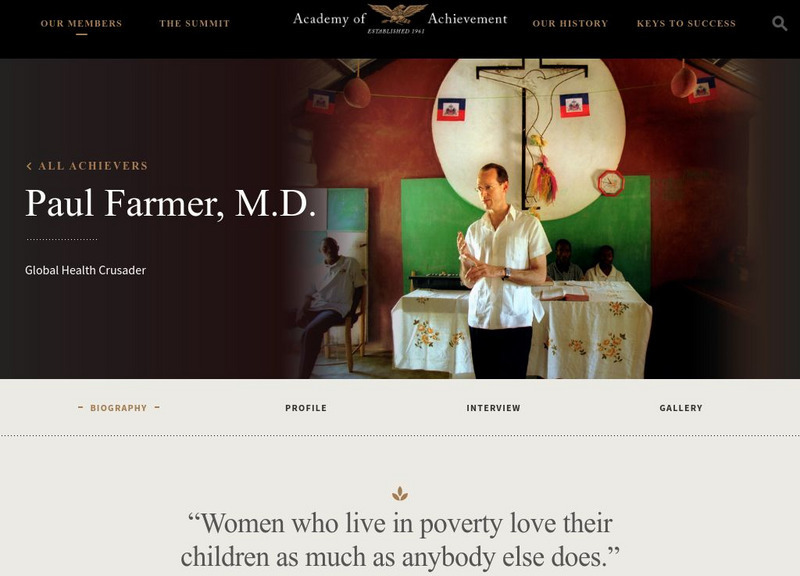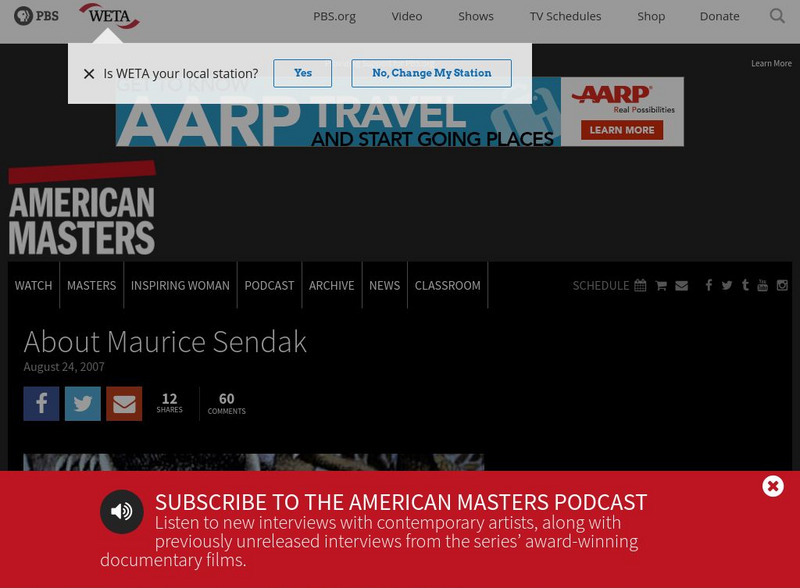Curated OER
Breaking News English: Ex-Thai PM's Wife Guilty of Tax Evasion
In this English worksheet, students read "Ex-Thai PM's Wife Guilty of Tax Evasion," and then respond to 1 essay, 47 fill in the blank, 7 short answer, 20 matching, and 8 true or false questions about the selection.
Curated OER
Breaking News English: David Beckham to Defend Marriage in Court
For this English worksheet, students read " David Beckham to Defend Marriage in Court," and then respond to 47 fill in the blank, 7 short answer, 20 matching, and 8 true or false questions about the selection.
Curated OER
David Beckham to Defend Marriage in Court
In this reading/listening instructional activity, students role play. Students pretend to be married to a celebrity. Students also role play marriage counseling.
Curated OER
Breaking News English: London to Host 2012 Olympics
In this English worksheet, students read "London to Host 2012 Olympics," and then respond to 47 fill in the blank, 7 short answer, 20 matching, and 8 true or false questions about the selection.
Curated OER
Heat Transfer and Pollution
Students perform computer simulations on air dispersion. In this chemistry lesson plan, students calculate energy transfer based on specific heat and temperature change. They explain the causes of smog.
Other
Canadian Arctic Profiles
Detailed sections providing further information on the Canadian Arctic's exploration, climate, maps, migration, and indigenous people, make this resource useful for many topics. Put together with images, this resource is useful for high...
Other
Class tools.net: Fakebook
With this tool, students can create fictional profile pages. Access to each page is controlled by the page creator and is password-protected. Add friends, status updates, and event dates, while maintaining the relationships between...
PBS
Pbs Learning Media: Joab: The Class Prefect
This video from Wide Angle profiles Joab, a boy from Kibera, Kenya, who has returned to school after dropping out following his mother's death. Joab is chosen class prefect by the other students.
TeachEngineering
Teach Engineering: Dna: The Human Body Recipe
As a class, students work through an example showing how DNA provides the "recipe" for making our body proteins. They see how the pattern of nucleotide bases (adenine, thymine, guanine, cytosine) forms the double helix ladder shape of...
PBS
Pbs Learning Media: Meet the 2016 Presidential Candidates: Lesson Plan
In this lesson, students will get to know the candidates running for president and where they stand on important issues. They will create a flow chart documenting the steps a candidate must take to be elected. Then they will conduct...
PBS
Frontline: Iran Behind Closed Doors
A July 2007 profile of the lives and attitudes of the young highly educated middle class of Iran. Focuses on their quiet opposition to those governing Iran. Also provides a forum for posting a response and links to related stories.
American Academy of Achievement
Academy of Achievement: J. Carter Brown
Read about the life of John Carter Brown, long-time Director of the National Gallery of Art in Washington, D.C. He is remembered for vastly expanding the gallery's collection and the breadth of its exhibitions, and for making world class...
American Academy of Achievement
Academy of Achievement: Paul Farmer, m.d.
Tells the life story of Paul Farmer, a physician who brought world-class healthcare to people living in poverty in Haiti. His model of health care was followed in other countries. Includes a profile, interview and photo gallery.
PBS
Pbs American Masters: Maurice Sendak
A profile of Maurice Sendak, the author of Where the Wild Things Are. There is also a lesson plan for K-2 (make a class book) and one for Grades 6-8 (create an opera based on Sendak's work).
PBS
Pbs American Masters: Maurice Sendak
A profile of Maurice Sendak, the author of Where the Wild Things Are. There is also a lesson plan for K-2 (make a class book) and one for Grades 6-8 (create an opera based on Sendak's work).






